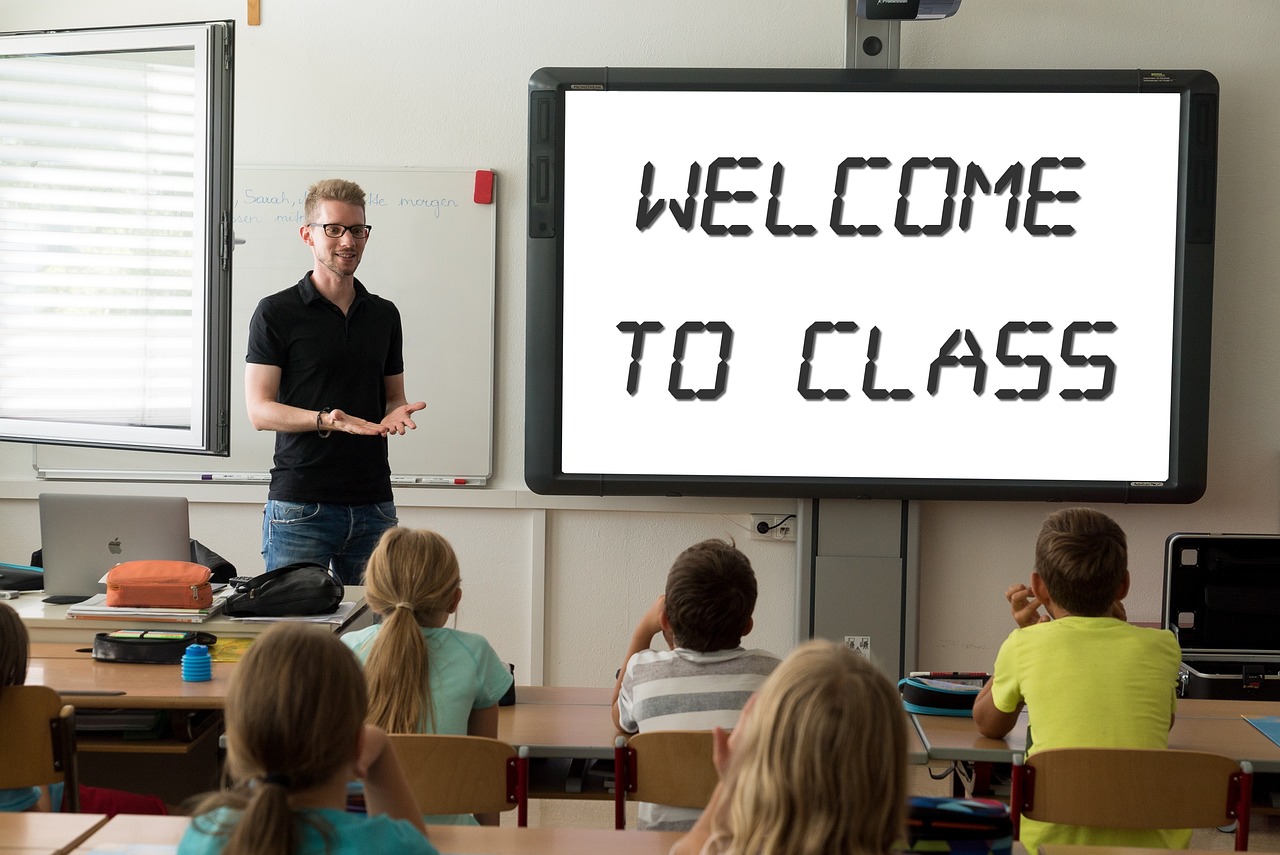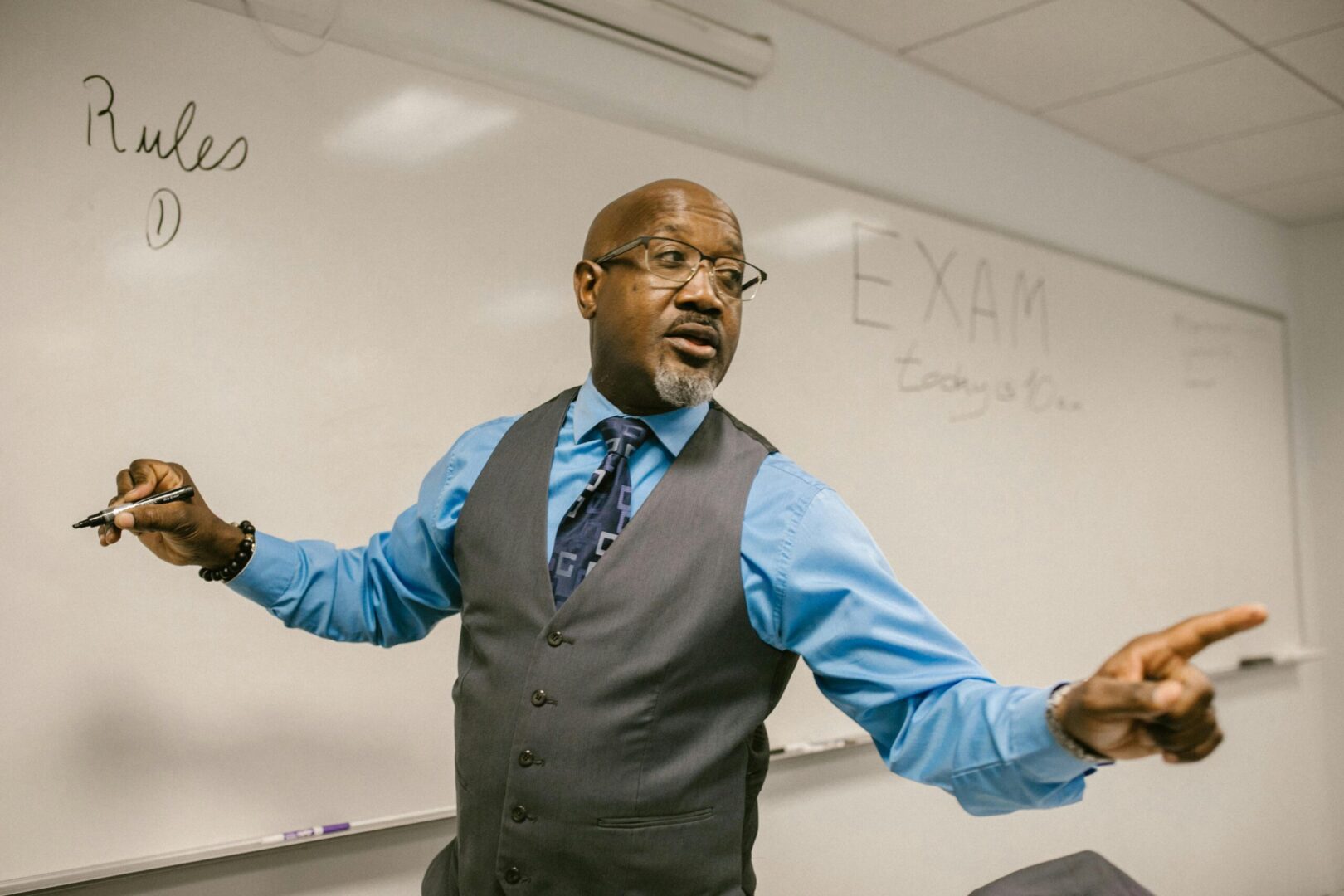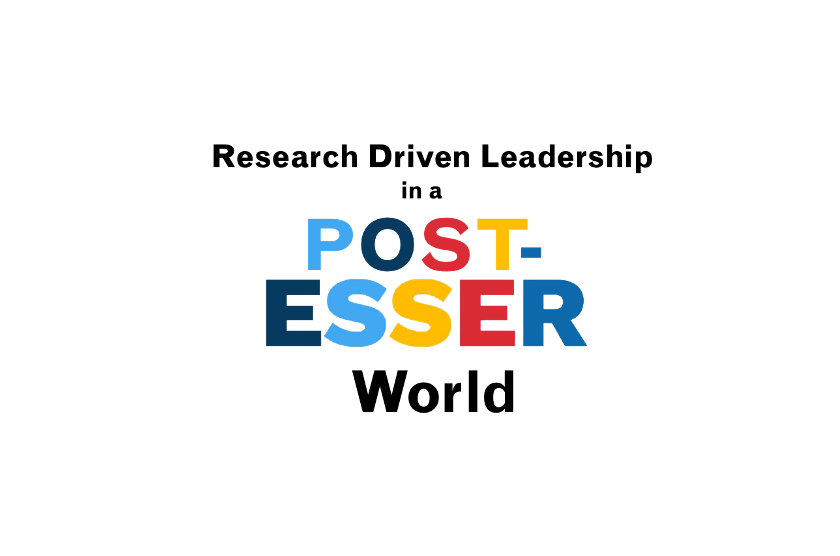Why Certifying Substitute Teachers is Crucial for Every Classroom

Imagine walking into a doctor’s office and discovering that your doctor for the day is a substitute—someone with no formal medical training or certification. You’d likely feel anxious and worried about their ability to meet your needs. You most likely would walk out and reschedule your appointment. This situation, though extreme, mirrors what happens in many classrooms when schools place uncertified, unprepared substitute teachers in charge. While substitute teachers may not need to perform surgeries, they do have a significant responsibility: guiding, supporting, and educating students when the regular teacher is absent. This is why certification and proper training for substitute teachers should be a priority for every educational institution.

Substitute Teachers: More Than a Stopgap Solution
Substitute teachers are more than just temporary placeholders. They are the linchpins that hold a classroom together during a regular teacher’s absence. A well-prepared substitute can maintain the continuity of learning, minimize disruptions, and ensure that students stay engaged and productive. However, without proper training, substitutes might struggle to manage the classroom effectively or adhere to school policies, potentially compromising students’ education and well-being.
The skills and knowledge required to succeed in a classroom—understanding lesson plans, managing student behavior, and creating an inclusive environment—are not intuitive. These require training, which is where certification courses come in. Certification helps equip substitute teachers with the tools they need to thrive, ensuring they understand the role and responsibilities of a temporary educator.
Understanding the Complexities of the Classroom
Today’s classrooms are as diverse as ever. Substitute teachers might find themselves teaching students with special needs, English language learners, or high achievers who require advanced instruction all in one classroom. Navigating these needs without preparation is unfair to both the substitute and the students. Certification gives substitutes a solid foundation in supporting diverse learners and adapting to varied classroom needs.
- Supporting Special Needs and Gifted and Talented Students: Certification programs teach substitutes how to prepare for and support students needing extra attention or having unique learning needs. This can make all the difference in maintaining continuity in their learning.
- Cultural Responsiveness: Certified substitutes are better equipped to create an inclusive environment where students feel respected, seen, and heard, regardless of their background.
- Managing Student Behavior: Classroom management is often cited as a significant challenge for substitutes. Certification offers practical strategies for maintaining order and engagement, turning potential chaos into a productive learning session.
Navigating Legal and Ethical Standards
A classroom is a complex space governed by various legal and ethical considerations, especially when working with special education students or adhering to district policies. Certified substitutes are trained in these areas, ensuring they understand the responsibilities that come with the role. This training helps them make informed, ethical decisions that align with district standards, reducing the risk of misunderstandings or legal issues.
Certification ensures that substitutes are aware of the professional boundaries and conduct expected in a classroom. This safeguard for the school also provides peace of mind for parents, knowing their children are in capable hands.
A Small Investment, A Significant Return
The idea of requiring certification might seem like an additional expense or hoop to jump through, but it’s an investment with significant returns. A certified substitute is more likely to foster a positive classroom environment, reducing behavioral issues and improving student outcomes. This means fewer headaches for administrators, more productive classrooms, and, ultimately, a better experience for students.
When substitutes are prepared, it shows in their ability to jump into any classroom and keep learning on track. Schools prioritizing certification essentially say, “We value every student’s learning experience, every day, no matter who is teaching.”
Access Certification Resources Today
For schools looking to elevate their substitute teacher program, consider providing access to a certification course and accompanying resources. Certification courses like “The Fundamentals of Substitute Teaching K-12” offer comprehensive training on effective classroom management, creating inclusive environments, and supporting diverse learners. With this training, substitutes can walk into any classroom with the confidence and skills they need to succeed.
Don’t leave your classrooms to chance. Equip your substitutes with the tools they need to become valuable contributors to your school’s learning community. After all, if we wouldn’t settle for an uncertified doctor, why would we settle for an uncertified substitute teacher?
Posted by: Dr. Kathleen A. Dawson
This article was developed through a collaborative process where Dr. Kathleen A. Dawson provided the key insights and direction, while an AI assistant supported in refining the content and structure, ensuring the message was clear, persuasive, and accessible to a wide audience. Together, they crafted a compelling call to action on the importance of certifying substitute teachers.








Responses